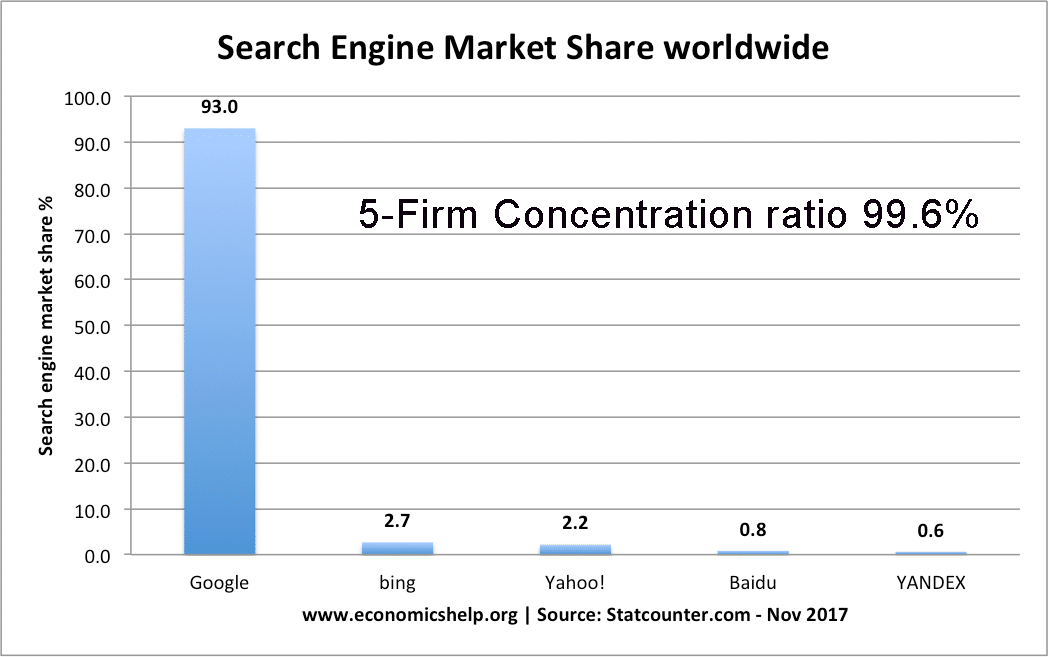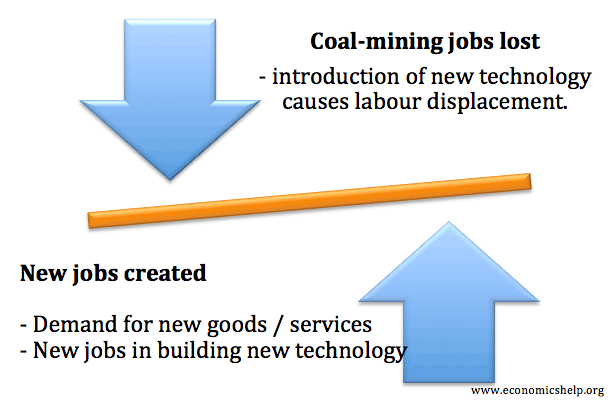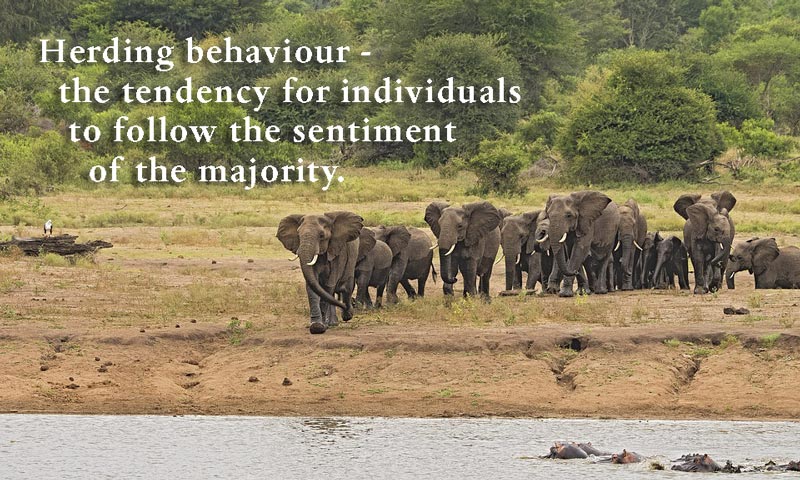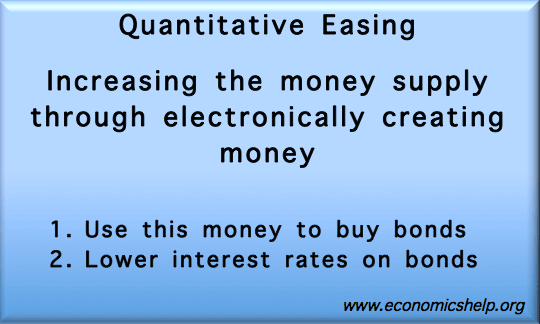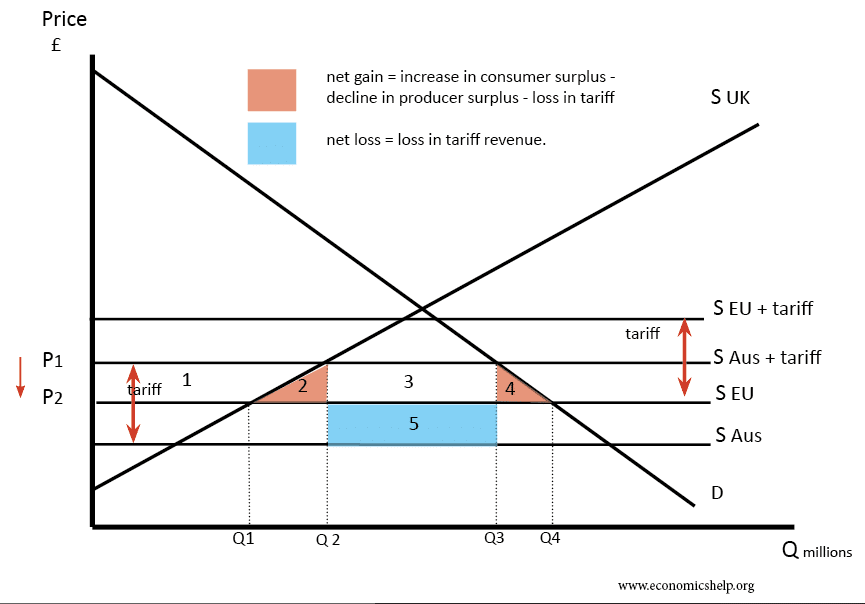Producer and Consumer Sovereignty
An examination of consumer and producer sovereignty. Also, an evaluation of which is stronger – who drives markets – is it, consumers or producers? Definition consumer sovereignty The ability and freedom of consumers to choose from a range of different goods and services. It means that ultimately it is consumers who will decide what is …

